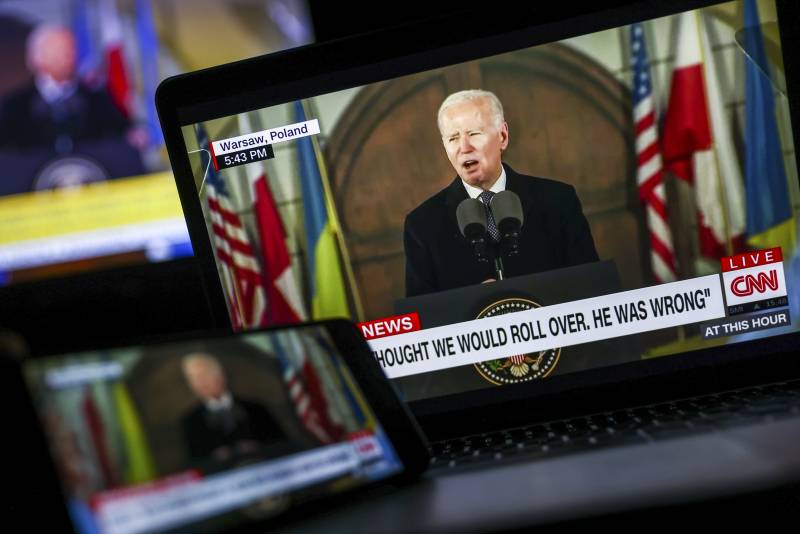Remember the Jordan Peele deepfake of President Obama from 2018? Since then, deepfake technology and other forms of AI-generated text, photos, voices and videos have become far more sophisticated and realistic — and more accessible to the general public. With political organizations and pranksters alike using these tools, we’ll discuss what has experts in AI and misinformation most worried. And we’ll hear what’s being proposed in terms of reform and oversight — from the private sector and in legislation — to decrease disinformation, confusion and conundrums ahead of the 2024 election.
Related articles:
Watch Jordan Peele use AI to make Barack Obama deliver a PSA about fake news
